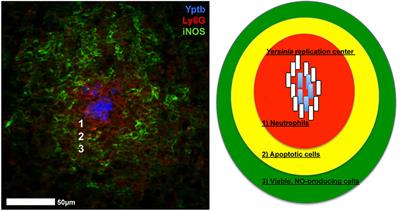EDITORIAL
Published on 18 Apr 2019
Editorial: The Pathogenic Yersiniae–Advances in the Understanding of Physiology and Virulence, Second Edition
doi 10.3389/fcimb.2019.00119
- 1,825 views
- 2 citations
16k
Total downloads
70k
Total views and downloads
You will be redirected to our submission process.
EDITORIAL
Published on 18 Apr 2019
ORIGINAL RESEARCH
Published on 22 Feb 2019
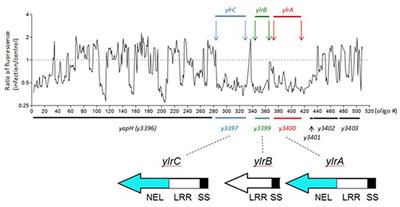
ORIGINAL RESEARCH
Published on 27 Nov 2018
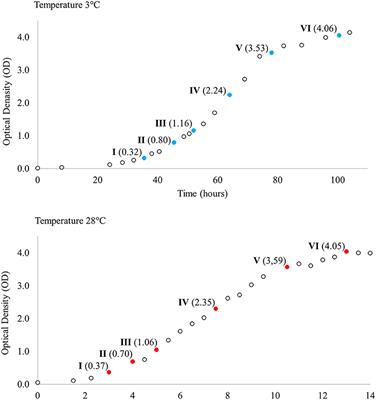
ORIGINAL RESEARCH
Published on 22 Nov 2018
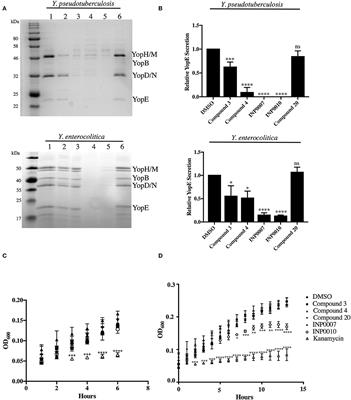
ORIGINAL RESEARCH
Published on 14 Nov 2018
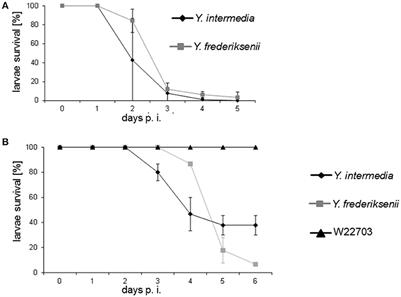
ORIGINAL RESEARCH
Published on 30 Oct 2018
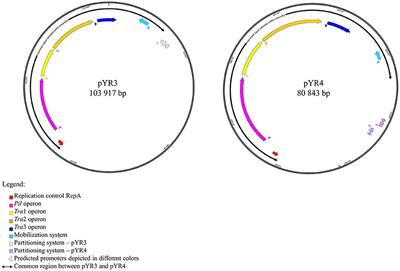
REVIEW
Published on 25 Oct 2018
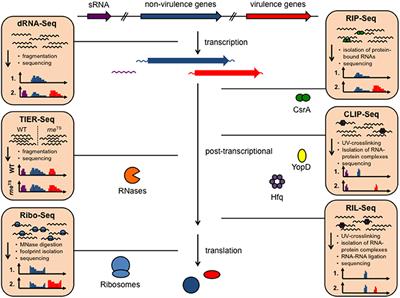
ORIGINAL RESEARCH
Published on 02 Oct 2018
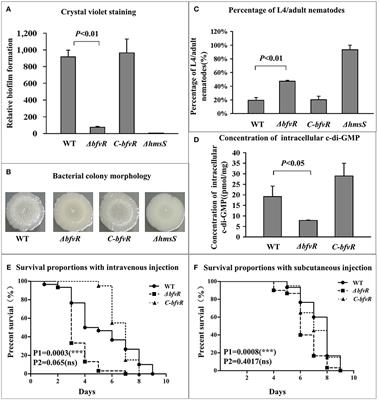
ORIGINAL RESEARCH
Published on 21 Sep 2018
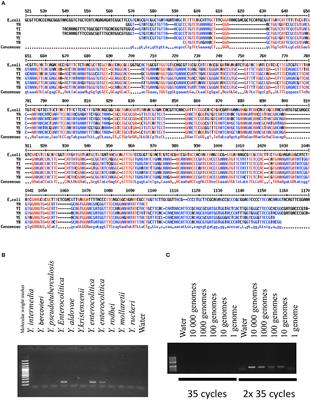
ORIGINAL RESEARCH
Published on 20 Sep 2018
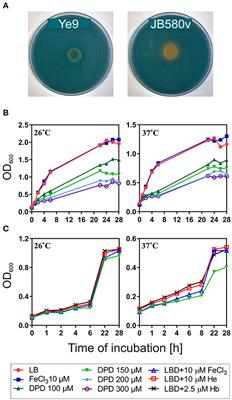
ORIGINAL RESEARCH
Published on 18 Sep 2018
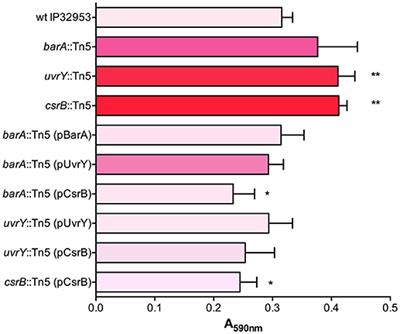
MINI REVIEW
Published on 03 Aug 2018
